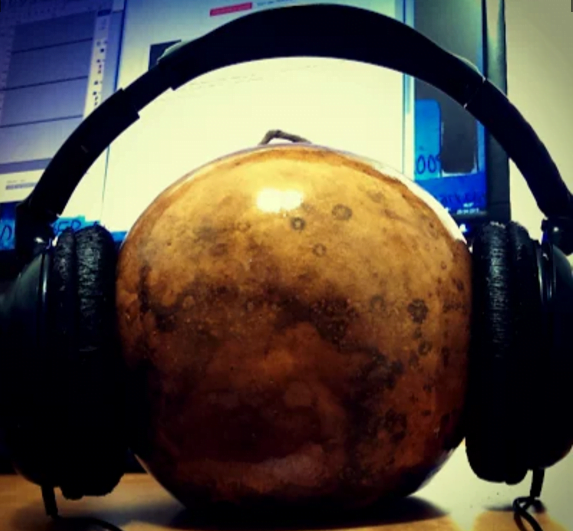13 March 2016 – Abaré – Mestre Poncianinho
In Mestre Ponciano’s album, Guarani, there’s one particular toque that I have been wanting to play along to for quite a while: Abaré. It’s a word in tupi-guarani (one of the native inhabitants of Brazil) and in this context it means ‘friendly people’.
This version from music class, recorded by Felix, with Catherine (Gunga), Kebrado (Viola), Felix (Pandeiro) – Fast forward to 40s is very nice:
Base
tsh#tsh#dom tsh#tsh# dom dom
tsh#tsh#dom tsh#tsh# dom dim
tsh#tsh#dim tsh#tsh# dim dim
tsh#tsh#dim tsh#tsh# dim dom
Variation
1) tsh#tsh#dom tsh#tsh#domtss#dom
tsh#tsh#dom tsh#tsh#domdomdim
tsh#tsh#dim tsh#tsh#dim dim
tsh#tsh#dim tsh#tsh#dimdimdom
Then it’s a case of listening a lot of times and learning and playing the many variations! That’s also where you can get creative and make up your own variations.
Mestre Poncianinho’s Abare track from Guarani album.
09 Dec 2018 – Recording of Music Class with Abare
(the close berimbau is mine as I wanted to hear myself playing – recording myself in music class then listening after has been another good tool for learning berimbau (and other instruments).

Leave a Reply